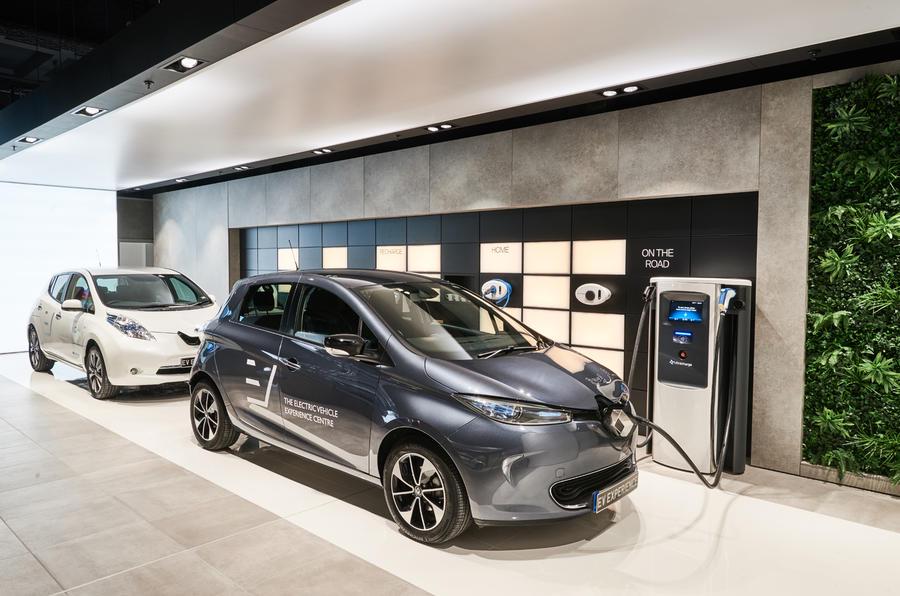
After the year 2030, Slovenia will further lower the limit to 50 grams per kilometer – a result achieved today only by electric and hybrid cars. The above-mentioned is laid down in the action plan for alternative fuels in traffic, prepared by the Ministry of Infrastructure, with the aim to reduce the level of greenhouse gas emissions in traffic. However, the question is when these measures will really take effect.
The state’s plans are ambitious – in around one decade 20 percent of the passenger cars in Slovenia will be running on alternative fuels. This is to be achieved with the help of subsidies. There will also be co-financing schemes for the purchase of heavy goods vehicles or the conversion of vehicles to bi-fuel systems with LPG liquefied gas. In place will also be measures that will positively discriminate, for example in parking and in the use of traffic surfaces.
Ignac Završnik from E-Mobility Slovenia says his association welcomes the measures. But he wishes that green registration plates be introduced even earlier, and misses more simplified procedures.
Environmentalists also welcome the measures, as long they are implemented accordingly. However, they also warn that the measures should be supplemented with other kinds of sustainable mobility, especially in limiting the use of passenger cars.

































































